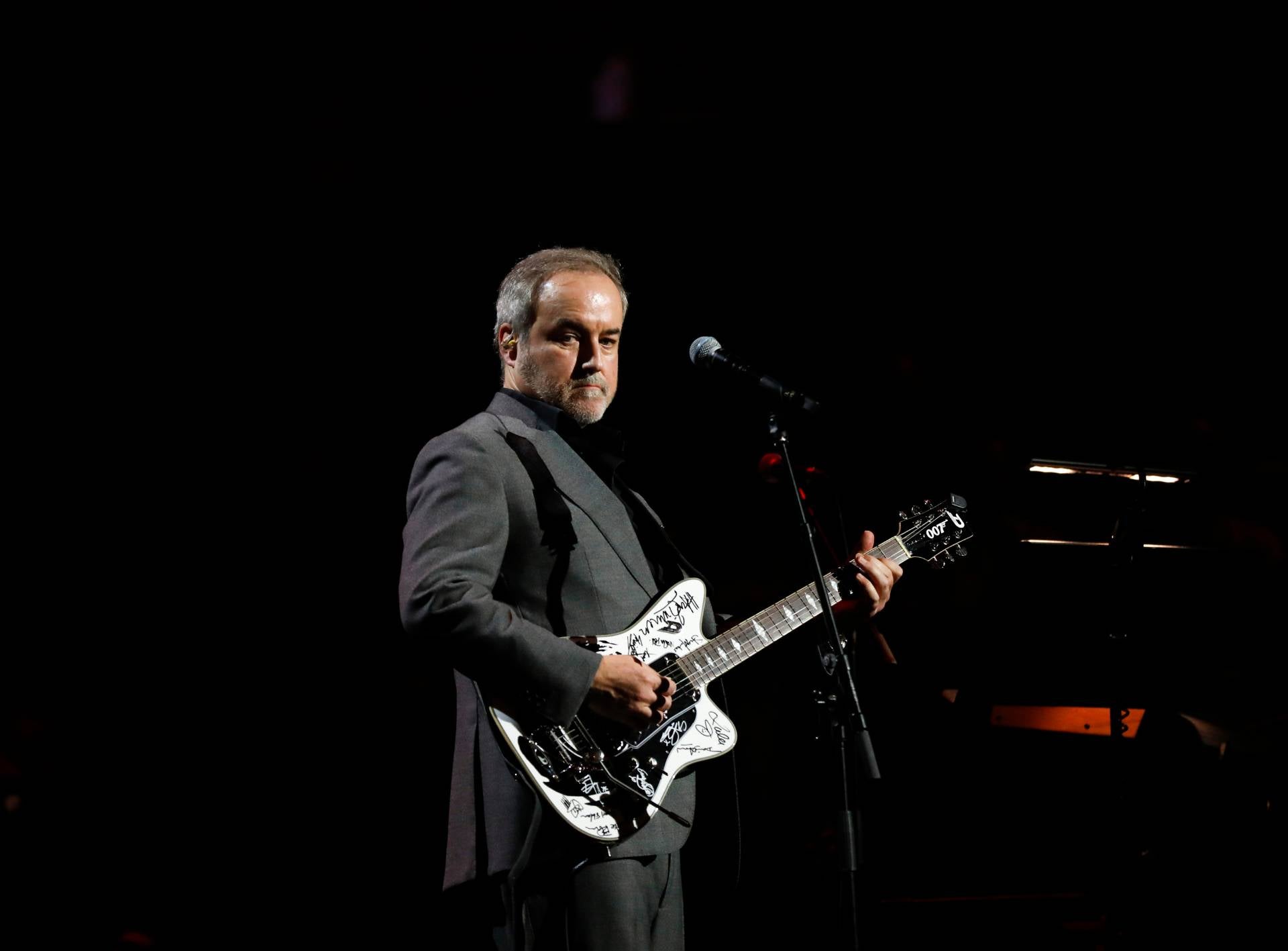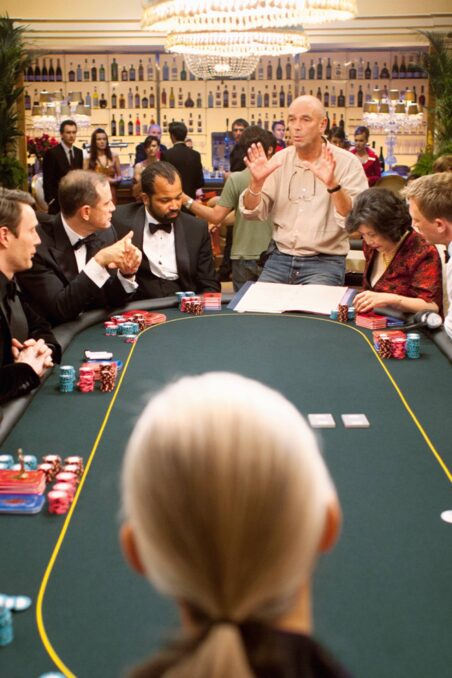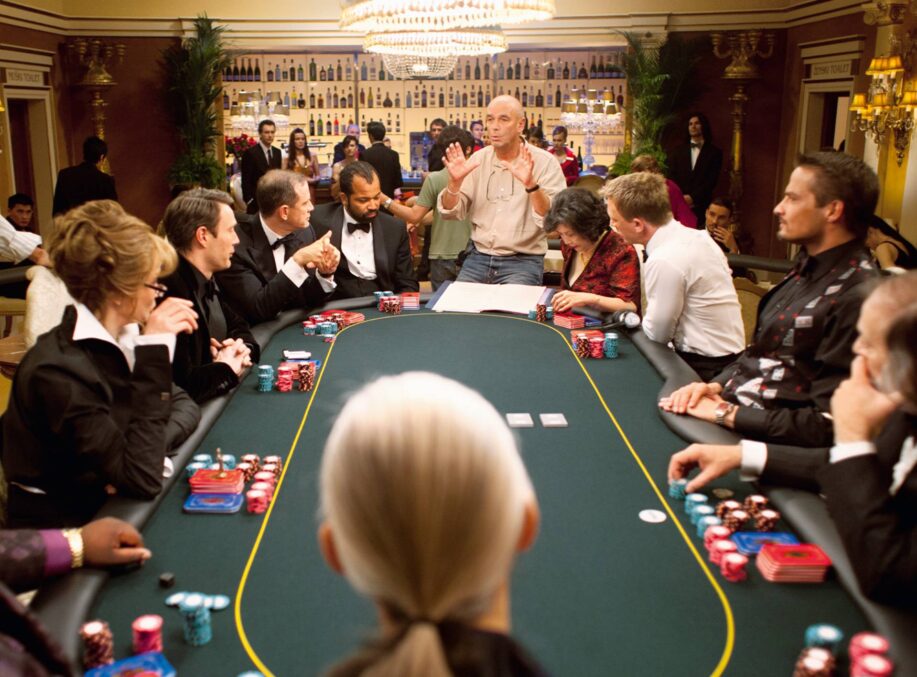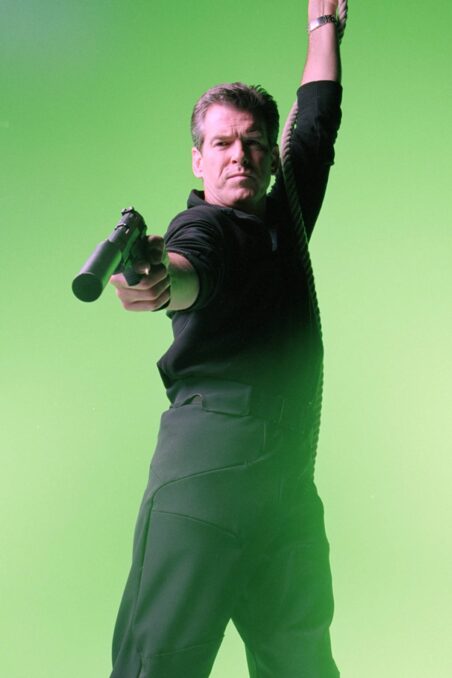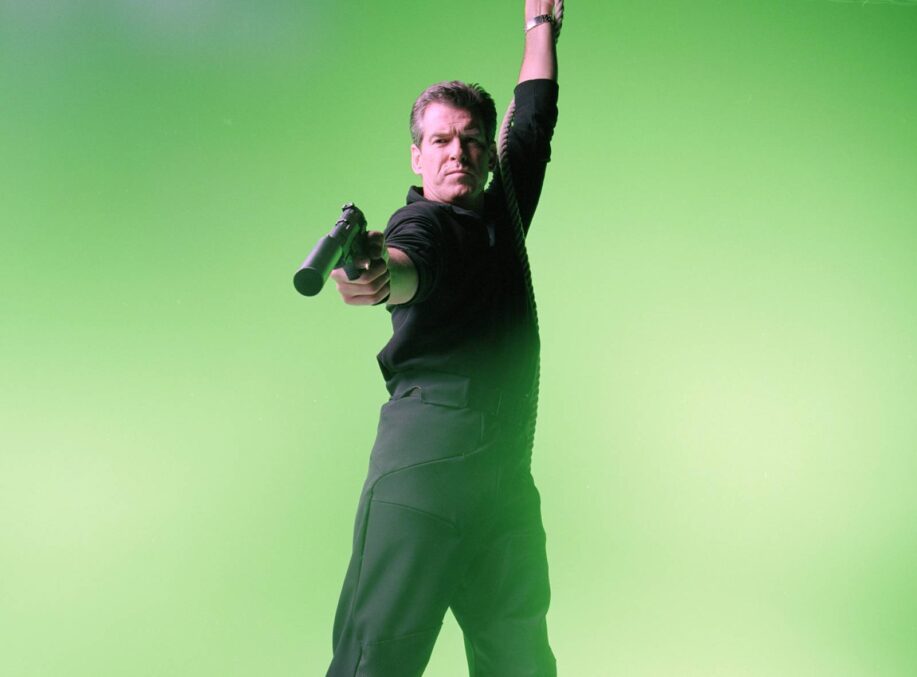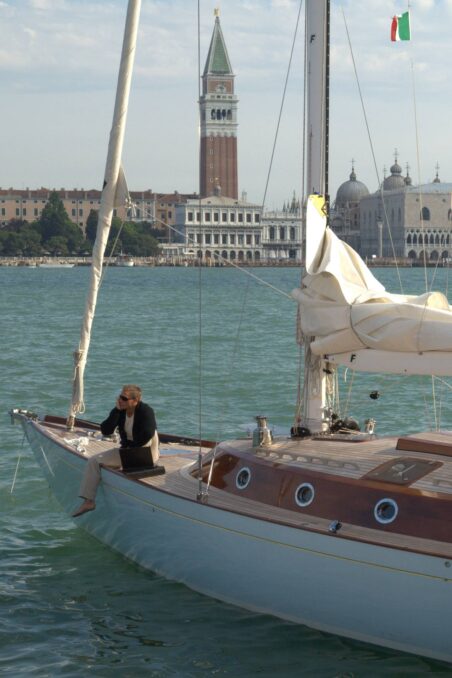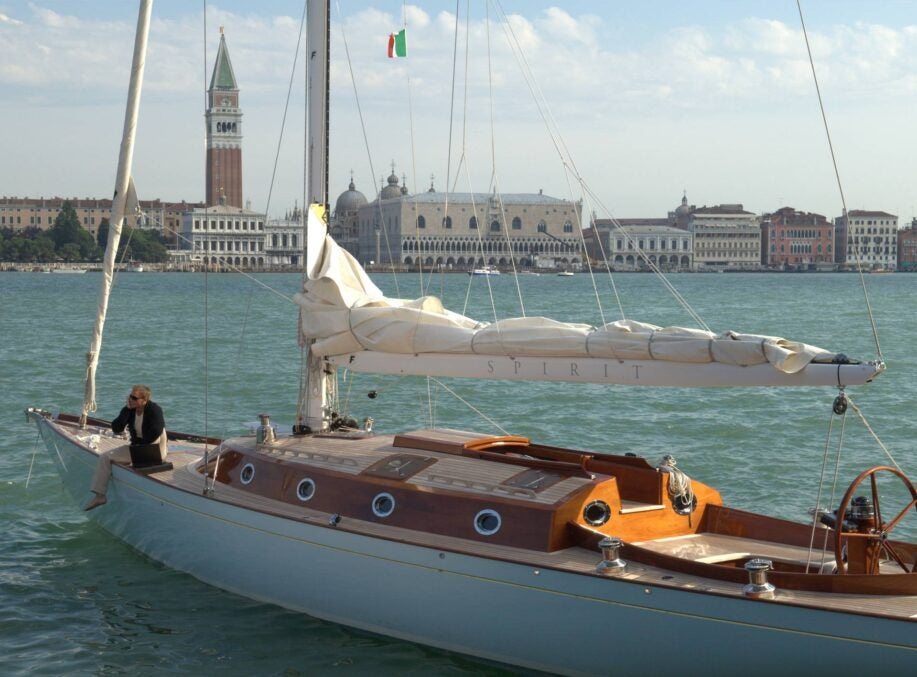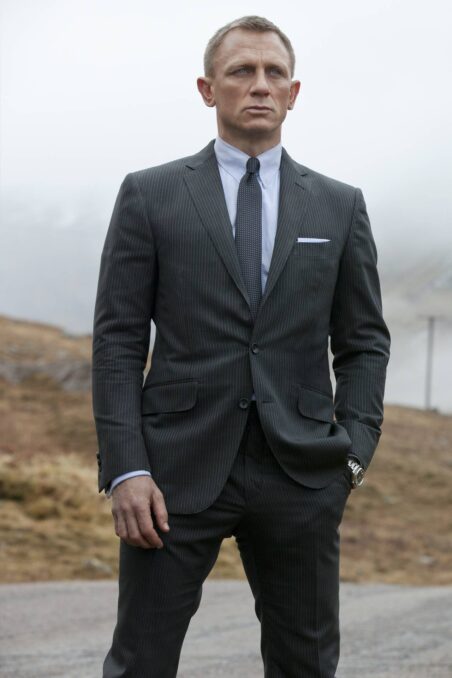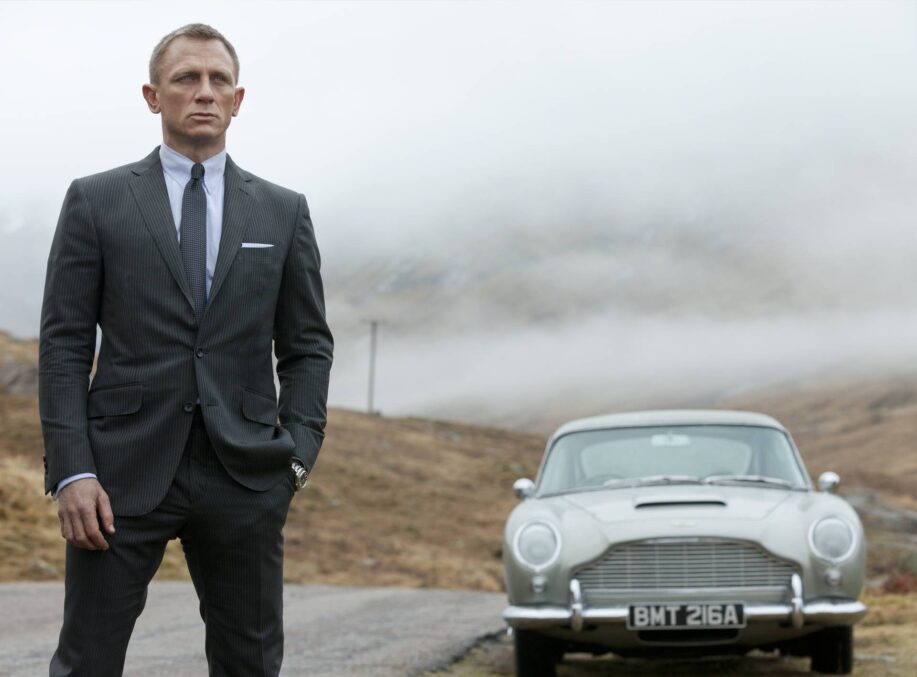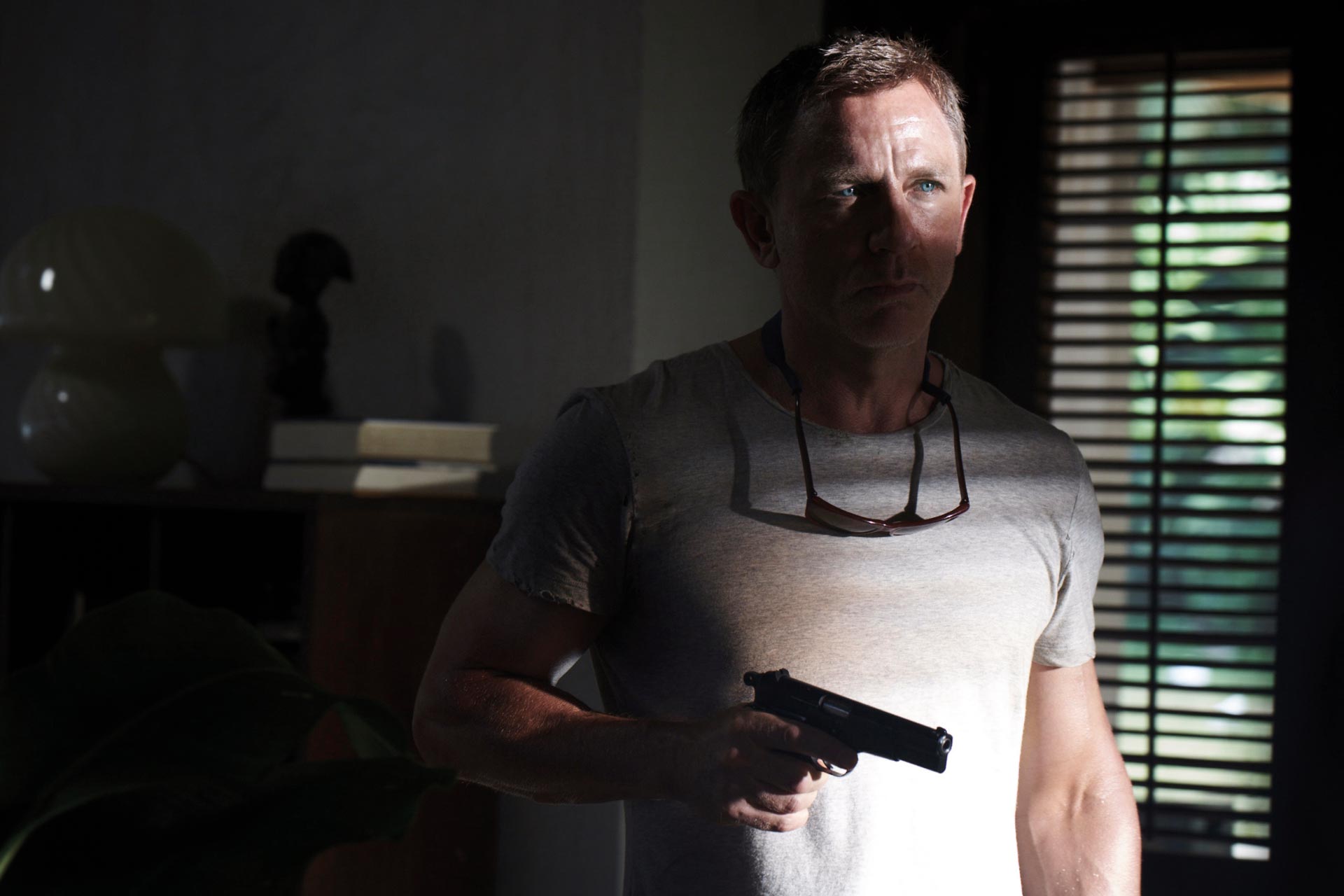In Conversation With Composer, David Arnold
David Arnold composed the scores for Tomorrow Never Dies, The World Is Not Enough, Die Another Day, Casino Royale and Quantum Of Solace. In December, he received the Music Publishers Association’s Outstanding Lifetime Achievement Award in Film & Television Music.
“David Arnold’s contribution to music for film and television has left an indelible mark on our industry. His work, particularly on the Bond films, is a testament to the power of music to fuel storytelling,” said Paul Clements, CEO of the MPA Group.
How did you first become involved with Bond?
I saw my first Bond film when I was eight. It was You Only Live Twice. That’s when I became involved because culturally Bond was a huge part of growing up in the UK, so you couldn’t help but feel somehow attached. I wasn’t professionally involved in the films themselves until 1997, when Tomorrow Never Dies was in search of a composer and I had scored a few big movies and also released an album of Bond theme cover versions which was something I’d always wanted to do. I think that combination of displaying my understanding of Bond music and handling big movies made the choice a little easier for Michael and Barbara to make. It didn’t hurt that John Barry was so kind about what I was doing also.
You worked across two eras of Bond, how did the change in actors and storylines impact the scores composed for the different eras?
Pierce’s Bond was very different to Daniel’s Bond and yet they were both still James Bond. I think I kept the heart of the character front and centre, but the edges were changed to suit each approach…Pierce was lighter in tone at certain points where Daniel was darker in equal amounts. I just wrote for what was in front of me without, hopefully, losing who the character truly was despite such varied casting.
How do you approach composing tracks for action as opposed to romance for Bond?
In action, Bond is about propulsion, the setting up of expectation, danger and risk. There has to be a lot of energy in the music to reflect on screen action. That doesn’t mean you lose the emotional core, it just means you have to find it in different ways without ever losing the character. Never put the audience ahead of Bond. Never let them know what’s going to happen until it happens. Romantic scenes are generally where I search for the truth in the moment; to allow Bond a level of vulnerability, but to never lose the fact that in most cases, the peace he may be searching for is going to be just beyond his reach. So love themes are generally optimistic, slightly less hopeful and have a yearning for what might be but probably never will. In the case of Casino Royale and Vesper though, it was about finding something actually real for the first time since On Her Majesty’s Secret Service, so it was sincere and honest and vulnerable as a result.
Which classic Bond moments were the most exciting to compose for?
I always loved the travelling moments. The scenes where we have a long shot of the Aston, or a plane or a train, arriving in a new location with all the promise of what may be in store. I also really love writing the love themes as they’re so much more complex emotionally than just action.
Which is your favourite Bond track that you didn’t compose?
John Barry’s theme for On Her Majesty’s Secret Service is a stone-cold killer tune.
Which five Bond tracks that you did compose are you proudest of?
Surrender, Night at the Opera, Elektra’s Theme, Miami International, City of Lovers.
In December, you were honoured with the Music Publishers Association’s Outstanding Lifetime Achievement Award in Film & Television Music. How did it feel to be recognised for this?
Not quite old enough to warrant such an honour but I was grateful nonetheless. I’m always slightly embarrassed and unworthy, but I was truthfully extremely grateful and my thoughts were with everyone who had been a part of that journey that I’ve been so fortunate to be on.
